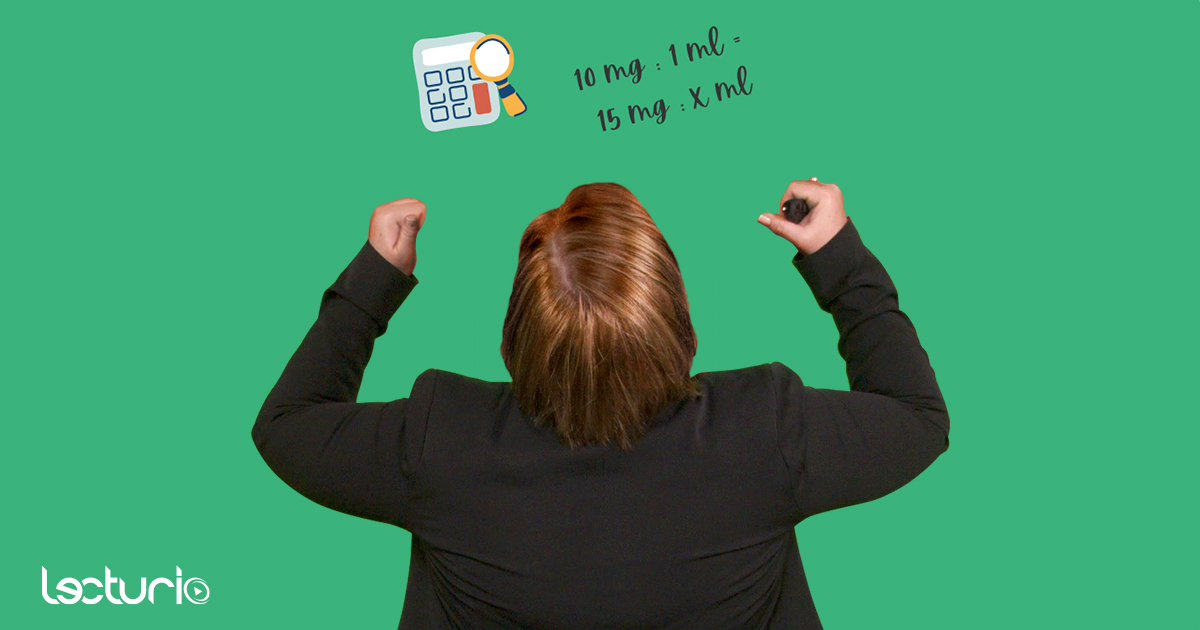Nursing school is one of the most strenuous feats you will likely face in your life, so anything you can do to make it easier on yourself is a plus. By having a good handle on the note-taking method that works best for you, you can give yourself one less thing to worry about and start showing up to your lectures feeling prepared.
Factors to Consider
1) Your personal learning method
It is often said that there are three main types of learning styles: auditory, visual, and kinesthetic. I find it helpful to think in these categories to figure out your personal learning style. Although most people utilize a combination of these three different learning styles, understanding which one is the most predominant in your life can help you figure out which type of note-taking and study methods might work best for you.
Auditory learners are said to learn best when listening to material being presented to them or when verbalizing it themselves. If you are an auditory learner, you may want to check with your professor whether you can record their lectures so you can replay them for yourself later on. You may also benefit from reading your notes back to a fellow classmate while studying, or even reading aloud to yourself while studying.
Visual learners are said to benefit from seeing information and often do well with charts and graphs. If you are a visual learner, you may want to convert your lecture notes into a table or find helpful tables within your textbooks to reference during lectures.
Kinesthetic learners are said to learn best by doing. Practical application or hands-on methods will likely benefit you the most if you fit into this category. You’ll want to find ways to apply your notes to real-world scenarios and use case studies for reference. Hopefully, your professors will use plenty of case studies as teaching methods throughout your lectures, given that these can help prepare nurses for real-life situations.
I personally benefit from a combination of learning styles (as many people do), although I am mainly a visual learner. I’ve found that my best note-taking style is to handwrite notes, then go back and type them up, because I find having my laptop in class distracting.
I typically incorporate plenty of graphs and diagrams into my notes.
Try taking this quiz to figure out your personal learning style!
2) Your professor’s lecturing style
Every professor will have his or her own way of doing things and you might have to mold your note-taking style a little bit differently for each course. For example, the professor who taught our pediatrics nursing course would basically fill the lecture time with personal stories, but provided us with a detailed outline for studying, while my complex nursing concepts professor utilized lengthy presentations.
Figure out whether or not your professor offers outlines or presentations prior to your lecture or if he or she shares this information after the fact (if at all). Some professors use PowerPoints to guide the lecture while verbally sharing additional information as they move through the lecture. For these types of lectures, you may want to take notes on what the professor says and integrate this information into what was provided on the presentation slides to help make sense of everything.
Others may not use presentation slides at all and may just use the white board to guide the lecture, drawing diagrams and jotting down important notes as they go. These lectures can be a bit more challenging, but can also be effective, since they require students to stay engaged so as not to miss any important points. It may be wise to record your professor if this is their lecturing style, or bring along a notebook and copy down anything they write on the white board.
3) Resources available to you
Next up, you’ll want to figure out which resources are available to you. Some professors will allow laptops in class while some won’t. Additionally, some professors will provide presentation slides or notes ahead of time and others won’t provide any at all. These factors will definitely have an influence on your note-taking style in each lecture.
Note-Taking Methods
The next thing you’ll want to consider when figuring out the best method for note-taking in nursing school is the actual method that works best for you. Your predominant learning style and preferences will help determine the most ideal note-taking method for you. There are a couple of different options and they all offer pros and cons.
1) Handwritten notes
Handwritten notes are a tried-and-true method for taking notes in nursing school. Some benefits of handwriting your notes are that they require you to really listen to what your professor is saying, since you can only write down so much at one time. You could also master a method such as the Cornell method to make handwritten notes even more effective.
Handwritten notes can be effective and easy, and they eliminate the potential distractions that come along with taking notes on your laptop. Handwritten notes can also allow you to draw out diagrams and tables during your lectures. This is especially helpful for visual learners.

2) Typed notes
If your professor allows you to bring your laptop to class, typed notes may be a useful method for you. By utilizing a laptop to type notes as your professor speaks, you can quickly jot down everything your professor says without worrying about your hand cramping up. This is a great option for classes with professors who talk quickly or often add in a lot of additional information that isn’t available on presentation slides or otherwise.
One downside to typing your notes is that it could lead to you unintentionally writing down irrelevant information and clouding your notes with excessive material. However, this can easily be dealt with by reviewing your notes directly after class and removing any irrelevant information.
3) Recording lectures and rewriting
If you consider yourself to be more of an auditory learner, you may benefit from recording your lectures. You’ll want to first ask your professor if they are okay with you recording them before you do so. Recording lectures is ideal for classes where professors don’t use slides to guide the lecture because they help you take in all of the information you’re given during your lecture without missing anything. After recording your lecture, you’ll want to review it and write down any important information.
I also recommend that you bring a notepad and paper with you and still take some notes during the lecture to avoid mentally checking out. One downside of recording lectures is that they can provide a false sense of security; you’ll definitely still want to pay attention during your lecture even if recording is your chosen note-taking method.
4) Utilizing a presentation outline
If your professor provides presentation slides ahead of time, this can be a super helpful resource to use for note-taking. If you are able to use your laptop in class, you can simply pull up the presentation during class and utilize the note-taking section at the bottom to jot down important points that complement the information on the slides.
If you aren’t able to bring your laptop to class, you can convert the presentation slides to an outline, print the outline, and take handwritten notes directly on each slide. Using the slides as an outline to guide your notes is a great way to practice repetition with the provided information, while also adding in the useful notes that are verbally provided to you by your professor.
5) Combining methods
As stated above, note-taking is not one-size-fits-all. You may find that multiple methods or a combination of methods works best for you and that is okay. You’ll probably need to test out some different methods before you really pinpoint what benefits you the most.
Additional Tips
- If you decide to take notes on a laptop, always have some paper and pens handy just in case your professor draws out a diagram that you want to copy down.
- Go through typed or roughly written notes and retype or rewrite them to help organize the information. This will not only give you better study material, but also help you with delving further into the material to gain a better understanding.
- Learn common abbreviations to help make note-taking faster or easier. This will also help you as a nurse when you’re scribbling down notes while taking report at the start of your shift.
- Repetition and real-world application are some of the most important ways to study in nursing school. Make sure to have clear, easy-to-read notes that you can refer back to frequently. Also utilize practice questions and case studies to help apply the information.
Final Thoughts
You knew nursing school wouldn’t be easy when you signed up for it, but it is important to note that all of that hard work will pay off. Figuring out how you learn best and taking your lecture notes seriously can help set you up for success on your journey to becoming a nurse.
It will likely take some trial and error to find the note-taking style that suits you, so do your best to remain patient and open-minded during this process.




